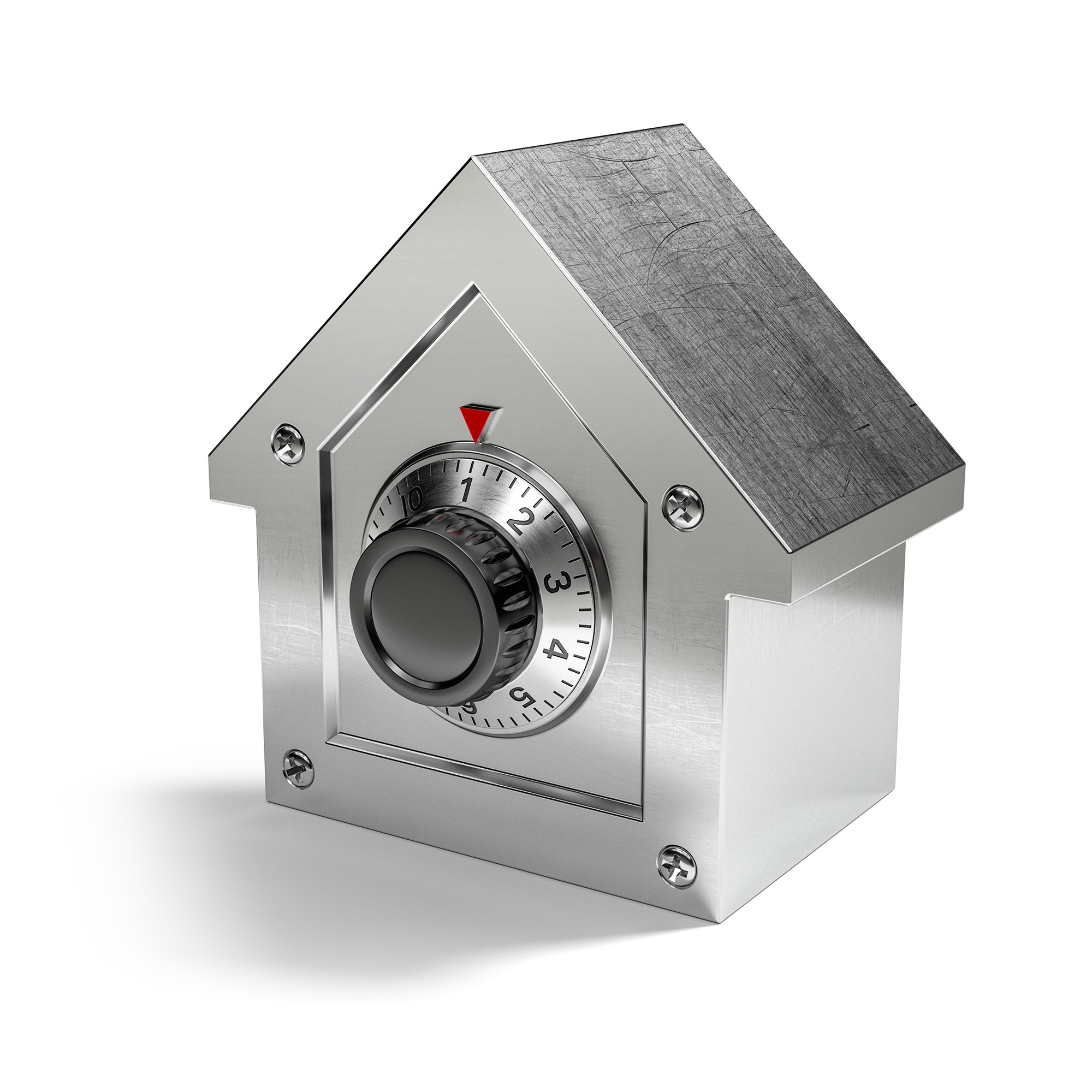The security deposit system can be complicated. Often, there is miscommunication between tenants and landlords. In fact, about one out of every four renters never gets their security deposit back.
There are many good reasons that a landlord might hold onto a security deposit. However, it is important that tenants understand under what circumstances they will not get their security deposit back. The earlier and more clearly they understand this, the better.
This kind of clear communication can help avoid bad reviews from tenants. On top of that, getting your security deposit system set up right can make sure that you are able to collect and use security deposits when appropriate.
So how can you make collecting security deposits go as smoothly as possible? Read on to learn all about security deposits and how you can manage them!
What Is a Security Deposit?
Tenants cover the cost of their housing with their monthly rent. However, what happens if they damaged the dwelling? This is where a security deposit comes in handy.
Many landlords ask for a security deposit at the beginning of renting to a new tenant. If a tenant breaks anything, then the security deposit already has money to cover damages. If you try to collect money after you find out something is broken, then tenants do not always cooperate.
How Much Should a Security Deposit Be?
In most cases, a security deposit will be equal to one month's worth of rent. Some landlords choose 2 months' worth of rent or choose to make it an even number like $1,000.
If you have any doubts about any part of the security deposit process, it can help to find experts to help you in Cleveland, OH.
How to Collect Security Deposits
Collecting security deposits can sometimes be a tricky business. But if you are prepared for security deposit collection, things should go smoothly.
The first thing to check is the laws on security deposits in your area. Make sure that you are not charging more than is legal.
Make sure to be very clear from the beginning how much your security deposit will be and how it will be used if necessary. It is best to have all of these details covered in writing.
However, people sometimes sign things without reading them. It can help to review verbally your security deposit policy.
It often helps to make sure that transactions for security deposits and rent are created separately. That way, there is no confusion about the purpose of the money. In some cases, people will claim that a single transaction was meant to cover 2 months of rent rather than 1 month of rent plus a security deposit.
Remember to wait until after everyone has signed that lease to collect payments. It is technically illegal to collect them in advance.
Enjoy All of the Benefits of a Sophisticated Security Deposit System
We hope that you were able to take away something helpful from this brief article on a few of the most important things you should keep in mind when handling security deposits. Once you have a system in place that really works for you, this whole process will go much more smoothly.
To learn more about how to manage security deposits or to get in touch with experts who specialize in the process, feel free to reach out and get in touch with us here in Cleveland, OH at any time!







